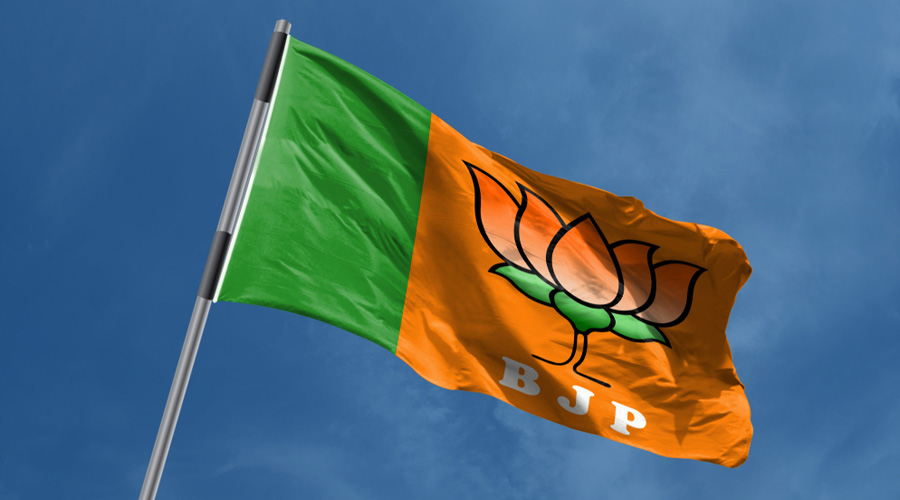Senior members of the Samyukta Kisan Morcha explained away Rakesh Tikait’s ‘reaction to an action’ response to a question on the lynching of three Bharatiya Janata Party workers. Those killed were part of the convoy in which Ashis Mishra, the son of the Union minister, Ajay Mishra, allegedly mowed down farmers. Tikait’s response was similar to Narendra Modi’s blasé explanation of the Gujarat riots. Both farmer leader and future prime minister showed no remorse for the crimes committed by their followers. There has been a tendency to use philosophical statements to justify communal acts and political transgressions. This is a form of deviance that seeks to protect the offenders.
Today, India is witnessing two new tendencies that are not limited to leaders but are exhibited by the common man as well. The first is the creation of a false narrative; the other is selective outrage and sympathy. India is becoming a nation quartered into political ideologies. Democratic electoral contests have become battles whose outcomes determine suzerainty over new areas. The neutrality of the electoral process is being tampered with and politicians bought over, or coerced into switching political allegiances, in order to win power. Meanwhile, supporters of political opponents are engaged in deadly combat on the ground. Efforts to bridge the divisions stemming from caste, religion and language have come to a standstill even as rival ideological solidarities function with a siege mentality. Party leaders, therefore, seek alliances with other political entities no matter how tenuous the commonality.
Rahul Gandhi and Priyanka Gandhi Vadra visited Lakhimpur Kheri to condole with the families of those mowed down by the convoy. But the families of the three BJP supporters, who were allegedly murdered by farmers, were not visited by the Gandhis. What was the difference between the grieving families other than their ideological and political affiliations? Should sympathy be expressed selectively?
One of the reasons why many in India are opposed to the agenda of the BJP is its obsession to create a saffronized ecosystem. To achieve this, there is a constant endeavour to dehumanize opponents. The organs of the government of Prime Minister Narendra Modi as well as his supporters are always eager to label citizens ‘anti-national’, ‘urban Naxals’ and so on. The crackdown on the internet in Kashmir, implementation of the Citizenship (Amendment) Act, shocking mismanagement of the Covid crisis, lack of acknowledgement of the farmers’ protests, incarceration of dissidents are testaments to the fact that Modi is deeply immersed in creating a version of India where empathy is indicative of weakness. This indifference has infected the rest of the country.
Political leaders wishing to portray themselves as being different from Modi should prove so. What could be a greater proof of difference than grieving with the families of BJP members murdered in Lakhimpur Kheri by setting ideology aside? Unfortunately, given the times, such an act would be viewed as being tantamount to betrayal of one’s supporters. Indians no longer see themselves as Indians, but as warriors for one dogma or another. The battle between ideologies has transcended the realm of debate and dialogue and has been transformed into one of abuse and violence.
There has been no collective learning from the horrors of the Partition. Today, the past has been weaponized to not only target religious minorities and ideological adversaries but also erase the work of the nation’s founding fathers. This selective empathy is emblematic of a shift in who are being feted as heroes. The apprehension for this country’s future arises less from the BJP’s abilities and more from the citizens’ inability to see one other as human.
Samir Nazareth is a socio-political commentator and author of 1400 Bananas, 76 Towns & 1 Million People










